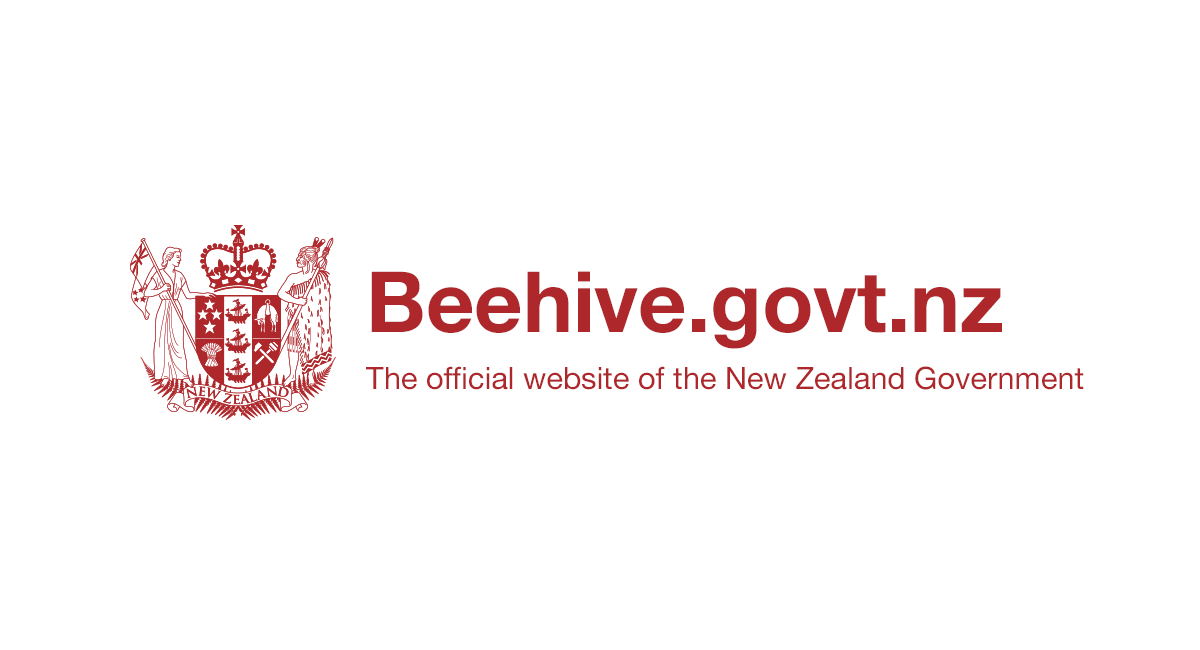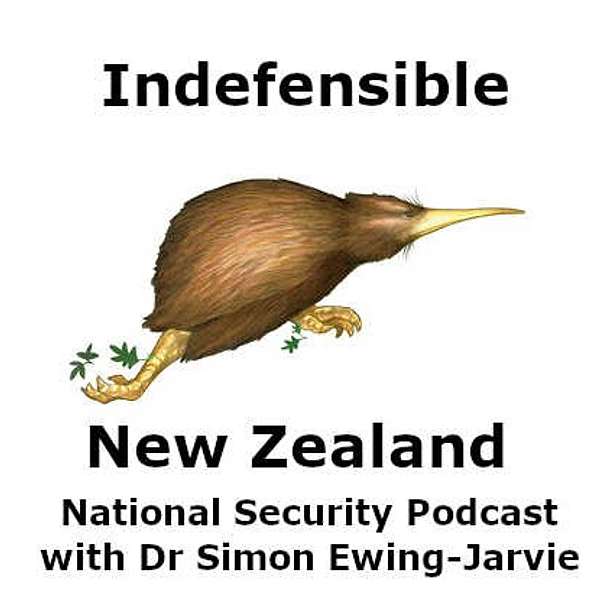The Prime Minister has laid out the government's views on the Indo-Pacific region. It's the first time that they've officially used the title that I am aware or.
Relevant excerpts from her speech today to the NZ Institute of International Affairs Annual Conference:
"Here in Aotearoa New Zealand, the environment in which we are making our foreign policy decisions has changed, but the values we use to make those decisions have not.
I want to spend a bit of time today talking about that environment and how we steady our ship in what often feels like ever turbulent seas, with a particular focus on your area of interest – the Indo-Pacific.
To start- I have a question for you. Where do you see our place in the world?
If you were to ask me, I would give you a very literal answer. The Pacific. This is our home. It is the region we most squarely identify with. We very literally share a population base.
That’s why, when we came into office, we focused immediately on lifting New Zealand’s engagement with the Pacific region, delivering greater investment and building long term partnerships. Looking forward, we are focused on long-term resilience, with a high degree of Pacific ownership and innovation.
But the Pacific itself is an increasingly contested region.
And so, to understand that complexity, and respond to it, we also see the Indo-Pacific as central to our interests.
We have embraced the concept of an Indo-Pacific as the wider home for New Zealand, locating Aotearoa in a larger ecosystem of nations and regions that includes East Asia, the Pacific, the Indian sub-continent and the Pacific Rim.
Māori tūpuna (ancestors) voyaged through the region. More recent waves of migration have further entrenched this connection.
It is a region where the rules-based international order has already supported huge improvements in human conditions, but is a region of deep diversity.
The Indo-Pacific includes highly advanced economies Japan, South Korea, Singapore, Taiwan, and United States and Canada.
China remains an engine of global growth and one of our most significant, but also one of our increasingly complex relationships
Australia – New Zealand’s indispensable partner and ally with a strong track record of contributing in the region – sits at the intersection of both the Indian and Pacific oceans.
The rapidly growing and demographically young countries of ASEAN have 650 million people and a rapidly expanding middle class.
With all of this regional diversity, New Zealand is not alone in adopting an Indo-Pacific outlook.
The ten countries of ASEAN plus Australia, India, Japan, and the United States, the European Union, the United Kingdom, and Germany have also referred to an Indo-Pacific region in reaction to more challenging geopolitics.
But while we welcome the concept of an Indo-Pacific region, we do so based on the principles that have served New Zealand well and are consistent with our values.
From New Zealand’s perspective, these fundamental principles include:
• Respect for rules: consistency with international law, including the United Nations Convention on the Law of the Sea, freedom of navigation and overflight
• Openness: that the region is open for trade, investment, and the movement of people to support prosperity and open supply chains
• Inclusivity: that all countries in the region can participate
• That sovereignty is upheld and respected
• Transparency: that states are honest about their foreign policy objectives and initiatives beyond their borders
In our view, the Indo-Pacific region will need to conduct its affairs in accordance with these principles if it is to successfully address common challenges.
Here, the principles of openness and inclusivity are especially key for New Zealand. Often language and geographic ‘frames’ are used as subtext, or a tool to exclude some nations from dialogue. Our success will depend on working with the widest possible set of partners.
And so, as a region, what are the challenges that lie ahead of us, and how can we use these principles that are core to New Zealand’s foreign policy approach to resolve them? ...
Our relationship with ASEAN gives New Zealand a seat at the region’s top table for strategic discussions – the East Asia Summit, and is the convening body for regional diplomacy in the Indo-Pacific.
And the proof is in the pudding. ASEAN has helped keep members at peace with one another since the end of the Vietnam War.
Our partnership with ASEAN is also a case where New Zealand can pursue cooperation that is principled and pragmatic. The trajectory of political development in South East Asia is uneven, with democracy in retreat in some places and grave human rights abuses occurring around the region.
We are concerned for instance by the trampling of democracy by Myanmar’s military – the Tatmadaw. We have expressed our condemnation of the coup and have taken steps to pressure Tatmadaw leaders towards the return to civilian government.
New Zealand sees it as critical that the regime releases those people arbitrarily detained since the coup, including foreign nationals and political prisoners.
We also have serious concerns over the situation in the South China Sea, including artificial island building, continued militarisation, and activities which pose risks to freedom of navigation and overflight."
Ladies and gentlemen, distinguished guests, ata mārie, tēnā koutou katoa. It’s a great pleasure to attend an event on such an important topic as New Zealand’s future in the Indo-Pacific region.

www.beehive.govt.nz
She excluded naming the PRC in certain important points where she listed countries within the region such as the highly advanced economies, and has only mentioned it once. Yet she's twice directly referred to its actions in the SCS; the first time in the bullet point list:
"
Respect for rules: consistency with international law, including the United Nations Convention on the Law of the Sea, freedom of navigation and overflight
• Openness: that the region is open for trade, investment, and the movement of people to support prosperity and open supply chains
• Inclusivity: that all countries in the region can participate
• That sovereignty is upheld and respected
• Transparency: that states are honest about their foreign policy objectives and initiatives beyond their borders"
which even a blind person could see who that was aimed at, and then she really reinforces it later with "
We also have serious concerns over the situation in the South China Sea, including artificial island building, continued militarisation, and activities which pose risks to freedom of navigation and overflight.".
I would suggest that this is a deliberate pivot towards the US policy wise. She went on to say "
We look forward to working with the Biden Administration on regional issues. New Zealand’s relationship with the United States has deep roots, built over many decades of cooperation. We share values and have common interests in how the region operates." Whilst she paid lip service to NZ’s independent foreign policy, "
An independent, principled foreign policy is a powerfully simple concept. As Norman Kirk described it, “we want New Zealand’s foreign policy to express New Zealand’s ideals as well as reflect our national interests”. That means that while New Zealand must work with the region as it is, we are also clear on what we stand for: the rule of law, human dignity, and universal human rights." It really means very little but words because regardless of what our pollies may believe, our foreign policy often reacts to what the great powers are doing in in the great game.
I hope that this is a positive sign but given the track record of Jacindarella and her crew of misfits I will not be holding my breath because the next focus group probably will change their minds due to no Māori, Pasifika, and LGBGT+ engagement and funding.






